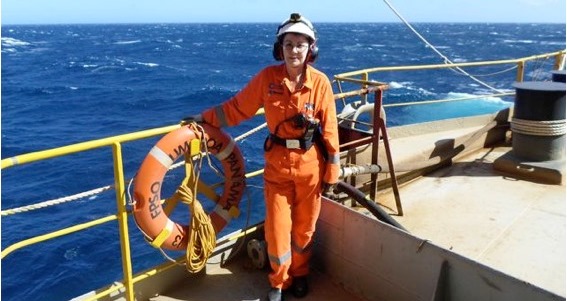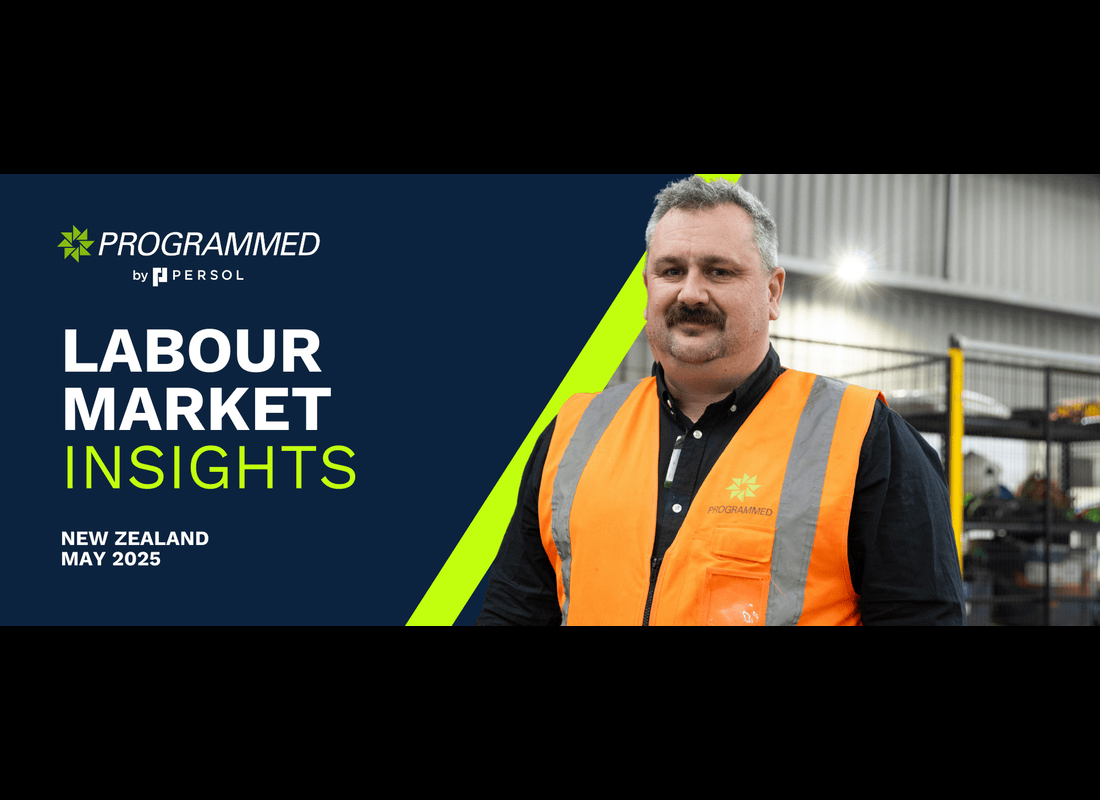To celebrate International Women’s Day, we are taking a glimpse into a day in the life of offshore medic, Colleen Clark who has been working in the offshore oil industry as a medic/helicopter landing officer since 2000.

Colleen shares with us her experience of working in traditionally male-dominated industry and the rewards of an offshore career.
“I have been working in the offshore oil industry as a medic / helicopter landing officer since 2000, firstly for Shell Todd on the FPSO Whakaaropai and from 2007 for Programmed Marine on the FPSO Umuroa.
I am a registered nurse and ambulance paramedic and have been lucky enough to work as a medic in Antarctica and for the International Red Cross in Cambodia, Rwanda, Bosnia, Afghanistan, Indonesia, Pakistan and most recently in South Sudan.
I get seasick in small boats. The smell of diesel and dead fish turn my stomach so my friends and family were very surprised when I told them I was off to work on a ship!
When I was offered the position, I was informed that the previous two medics had been flown ashore with sea sickness. With some trepidation I flew out by helicopter to the vessel, armed with anti-nausea tablets, skin patches, Sea-Band bracelets and ginger biscuits.
Much to my surprise I quickly gained my sea legs but I have a lot of sympathy for crew and visitors who are struck down with seasickness and are stranded on board until the next flight ashore.
The role of the medic is to be on standby for any illness or injury and although we run a very safety-focused facility, there are obviously high risk operations involved in oil and gas production on a moving installation. Before any work takes place all hazards are identified, then eliminated, isolated or minimised. Fortunately accidents are very few as even in the best case scenario, a rescue helicopter is an hour away.
I have now been working offshore for sixteen years doing a three weeks on and three weeks off roster. We do have the odd female contractor or visitor on the ship, but otherwise I am the only woman in a very male orientated world.
Most of the TV channels involve sports, magazines are mainly about rugby, cars, hunting or fishing and the regular weekly DVDs are generally about killing someone or blowing something up!
The other part of the medic’s role is administration and logistics, managing all flights to and from the facility, scheduling, bookings, weather reporting and managing the helideck during flight operations.
I love this part of my job. Being on the helideck on a clear sunny day, with the smell of the sea and Mount Taranaki on the horizon is my idea of a little piece of heaven. On a calm day there are seals sunbathing on our offtake hose and at certain times of the year you can spot whales on their yearly migration.
When I go ashore it takes me a day or two to re-orientate to my life in Wellington. Gone are the orange overalls, steel capped boots and hard hat and out come the heels, handbag and lipstick. My husband is often shocked at my vocabulary on the first day at home but it comes with the territory! It will soon be time to move on to a new chapter in my career and I hope to do more work with the International Red Cross.
Reflecting on my time offshore I think the most memorable experience was being on the sail down of the Umuroa from Singapore. I was told I would be responsible for a crew of 30 but by the time we sailed we had 105 personnel on board working around the clock to finish the construction on route. It was a very busy but rewarding time.
For any woman thinking about a career in the offshore industry I would say seize the opportunity, you won’t regret it.”
Learn more about our Marine business here.



